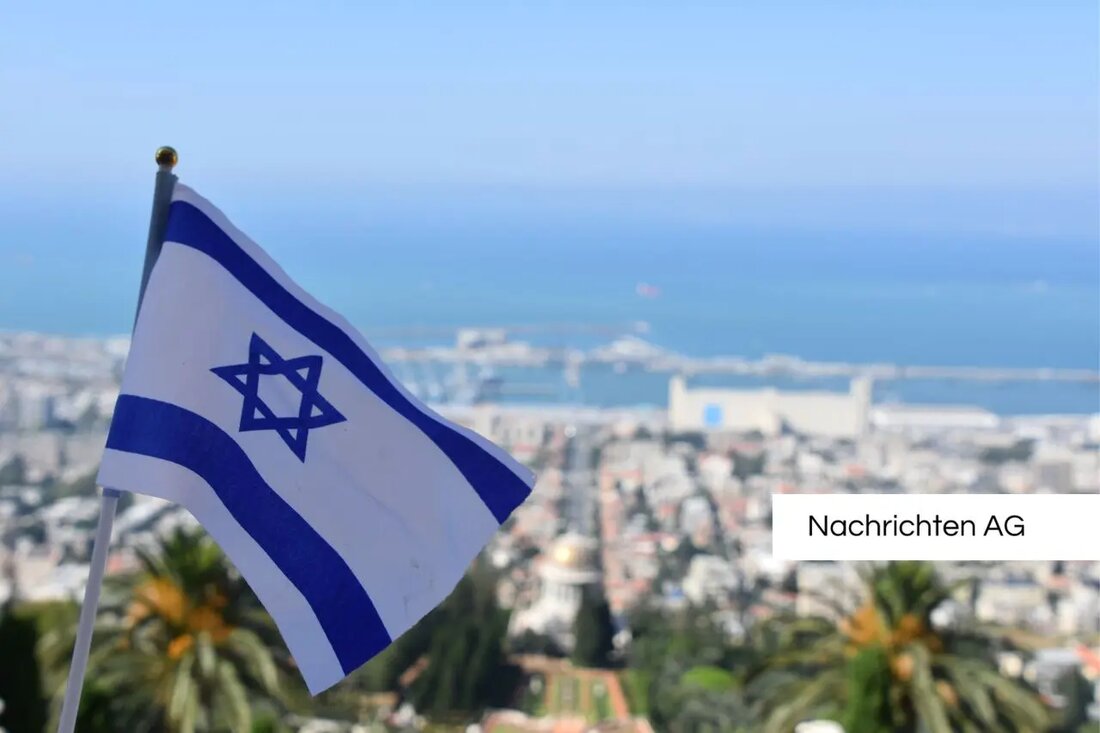Bavarian Film Award: September 5 convinces as an Oscar hope!
Bavarian Film Award: September 5 convinces as an Oscar hope!
The film “September 5” won the main prize at the Bavarian Film Award. With this gripping representation of the 1972 Olympic attack in Munich, director Tim Fehsbaum prevailed against top-class competition. The jury certified the work "intensive insights into the past" and judged it as a "masterpiece". The main prize is endowed with 100,000 euros, while the other nominees, "The Outrun" and "Treasure - family is a foreign country", received 50,000 euros each. The film addresses the events from the perspective of the US television broadcaster ABC Sports, which was the first to report live on the terrorist act. In addition, “September 5” is nominated for an Oscar this year, and the team around Fehlbaum is also on the list of nominated.
The tragic event is impressively processed in the film and is deeply anchored in history. On September 5, 1972, at 4:20 a.m., eight terrorists from “Black September” began their hostage in the Olympic village when they kidnapped Israeli athletes. The incident took a dramatic turn when the wrestling coach Moshe vineyard, known as the "Muni", was killed and the weightlifter Josef Romano was shot. The terrorists demanded the release of over 200 Palestinians caught in Israel and a RAF terrorist. Negotiations led to a postponement of the ultimatum, while the men's volleyball game between Germany and Japan started unhindered, and many spectators had no idea of the hostage drama.
the course of the assassin
The devastating events continued when thousands of onlookers flocked to the scene in the afternoon. At 3:38 p.m. IOC President Brundage decided to stop all competitions. The first rescue attempt, coded as a "sunshine", was canceled as too risky. The terrorists were finally brought to Fürstenfeldbruck, where an unsuccessful attempt at liberation ended in a disaster. At 0:25 a.m. on September 6th, the fire battle was set: five terrorists and all hostages were dead. The ABC presenter Jim McKay finally reported to the press: "They are all gone".
The atrocities of the attack had profound effects on the world, and the film “September 5” tried to tell this complex and painful story for the audience. In particular, the figure of the Moshe vineyard, which became a father shortly before his stay in Munich, is urgently discussed by the film crew. Weinberg was severely abused in the Dachau concentration camp while his family came from Austria and he himself had a successful career as a wrestler.
The longevity of the memory of this tragedy can be seen not only in the nominations of the film and the awards as part of the Bavarian Film Award, but also in the general discussion about the events of 1972. The events and their historical context are of considerable interest for today's generations. The film could help keep this memory alive.
| Details | |
|---|---|
| Quellen | |


Kommentare (0)